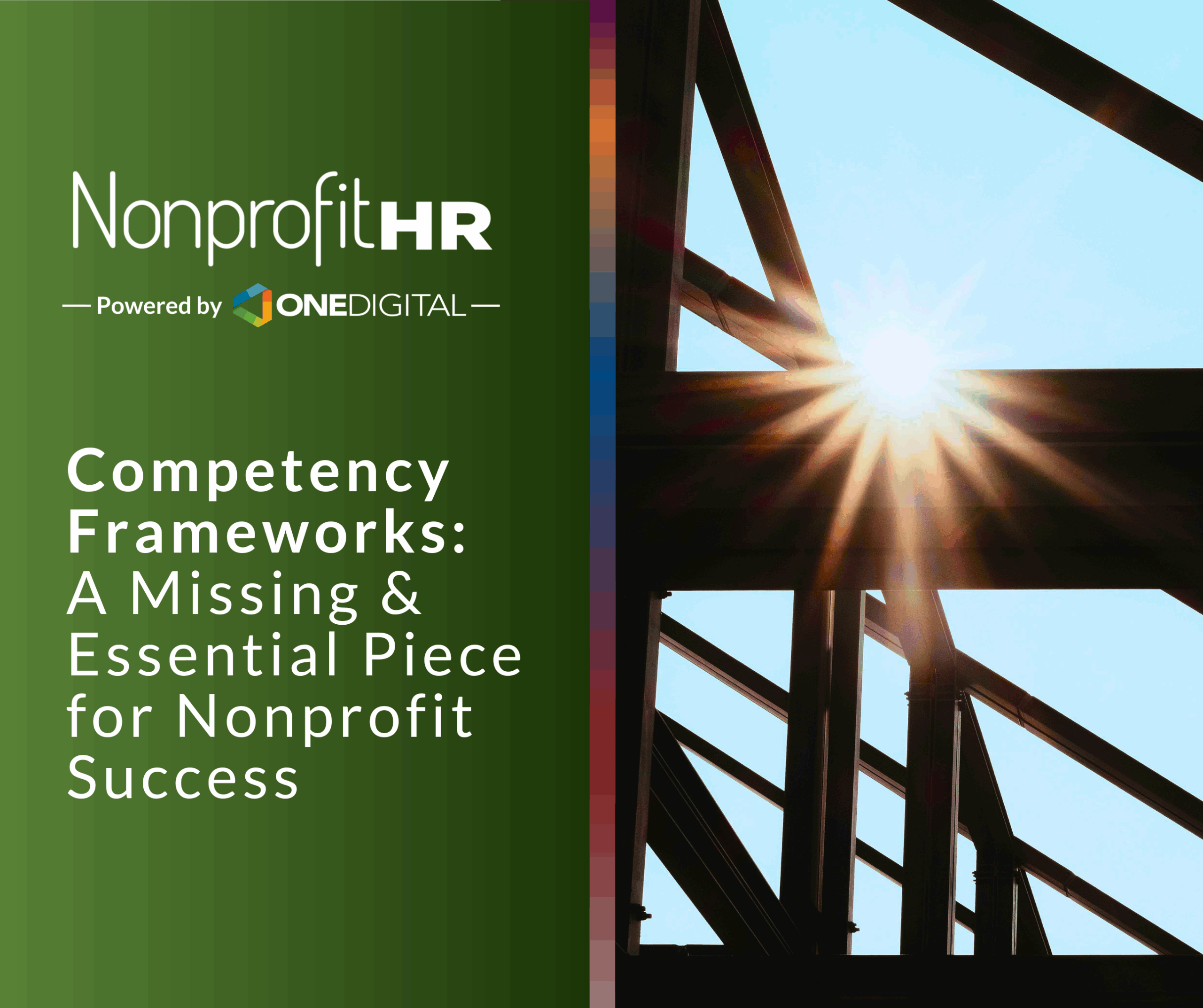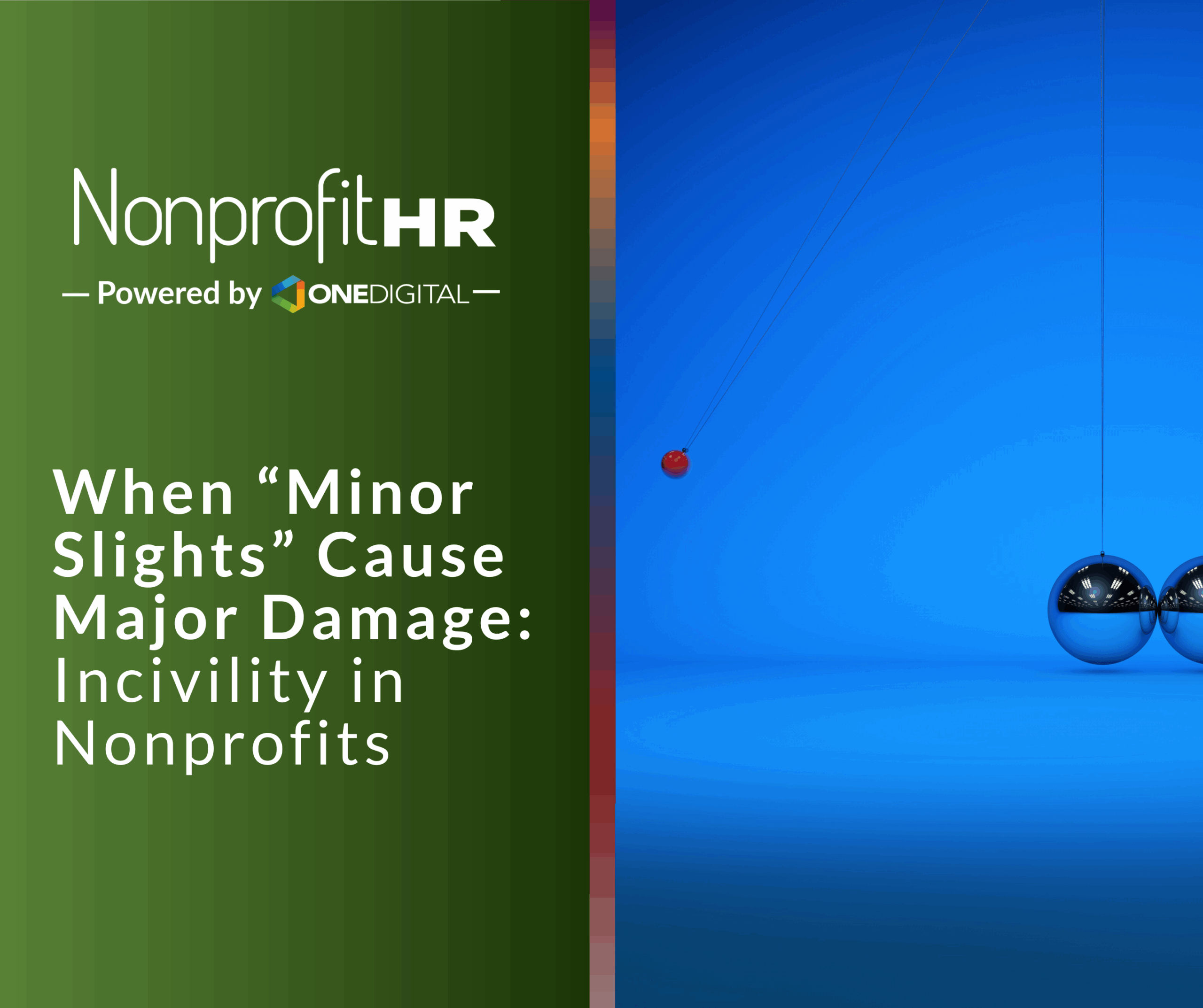WTOP: 5 ways nonprofits can…
Jennifer K. Halford has posted a good reminder of Fair Labor Standards Act (FLSA) rules concerning the hiring of teenagers. Schools across the nation are closing for the summer. Make sure to employ our youth legally and provide them with excellent working environments and experiences.
Here are a few of Jennifer’s reminders.
- Know how many hours they can work: The FSLA sets restrictions on the number of hours teenagers can work based upon age. Generally, the minimum age for employment is 14 for non-agricultural, paper delivery, or babysitting jobs.Minors who are 14 – 15 are usually limited to 8 hours a day, up to 40 hours per week during the summer. Exemptions to these restrictions can apply when the business or farm is owned or operated by the teenager’s parents. And teenagers 16 or older are not limited.
- Know how much to pay: The federal minimum wage is $7.25 per hour. However, the FSLA allows for a lesser hourly wage of $4.25 for employees under the age of 20 during their first 90 consecutive calendar days of employment unless state or local law requires a higher wage. Make sure you know federal and your state’s requirements.
- Know what types of jobs they cannot do: No one under the age of 18 may be employed in a hazardous job.
- Know your state’s child labor laws: Child labor laws can vary greatly by state and type of job. Some states require work permits for employees under the age of 18. Others have additional age, wage, and hour restrictions. Know what additional restrictions your state’s child labor laws place on your business.
- Know how to provide a safe working environment: Communicating risks to teenage employees is different than communicating with adult employees. Provide safety training to make sure they understand workplace risks and hazards and what to do if they are injured on the job. And make sure you comply with all OSHA requirements.





























